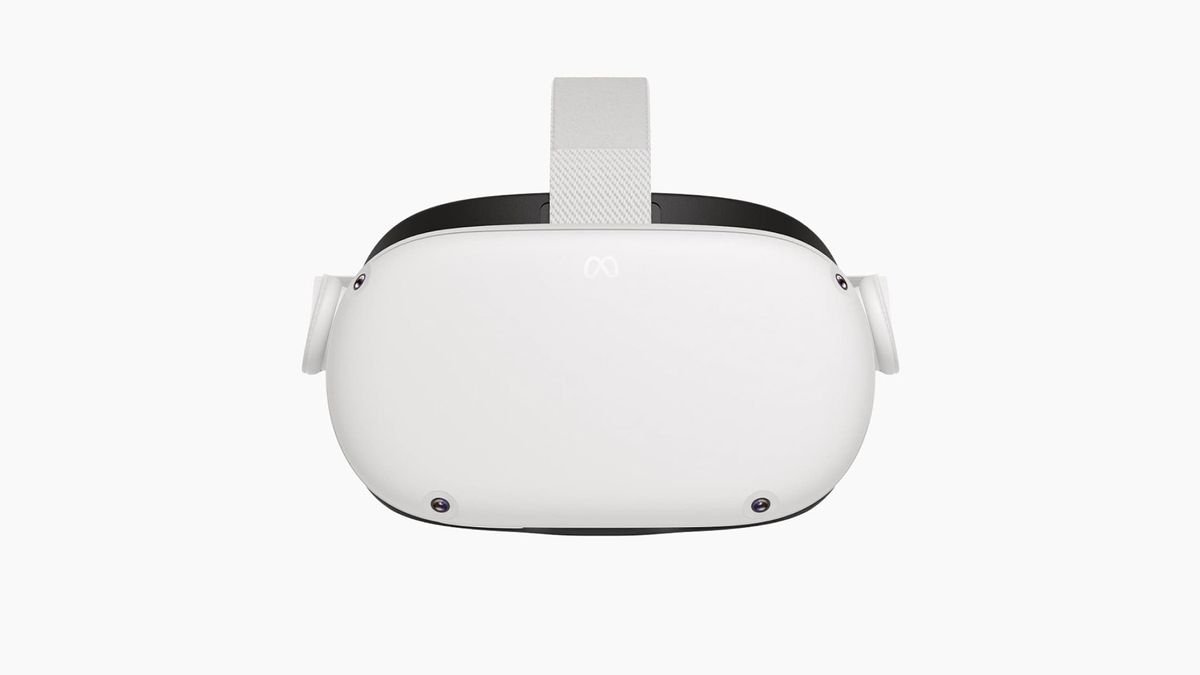Meta Platforms, led by CEO Mark Zuckerberg, is venturing into new territory by offering its virtual reality operating system (OS) to other hardware manufacturers. This bold move aims to establish a competitive landscape reminiscent of the iconic iPhone versus Android rivalry, positioning Meta’s OS as a significant player in the VR industry.
Meta’s Vision for VR Dominance
During the recent Meta Connect conference, Zuckerberg emphasized the company’s ongoing transformation from a social media giant into a leader in the virtual reality space, also known as the metaverse. This strategic pivot includes developing and enhancing VR technologies and AI tools, with the ultimate goal of creating an immersive, three-dimensional digital realm that Meta hopes will become as influential and ubiquitous as mobile operating systems like iOS and Android.
The Decision Against Google and Android XR
A pivotal moment in this strategy was Meta’s decision to reject a partnership with Alphabet, which would have involved using Google’s Android XR platform for its VR devices. Instead, Meta aims to develop its own VR platform, signaling a clear intent to control the next generation of computational platforms encompassing augmented reality (AR), virtual reality (VR), and mixed reality (MR).
Implications for the Industry
By offering its VR OS to other hardware companies, Meta is not only looking to expand its influence in the VR industry but also encouraging a broader adoption of its platform, similar to how Android operates with multiple hardware partners. This approach could potentially disrupt the current market dynamics dominated by a few key players and foster a more diverse ecosystem of VR devices and experiences.
The Role of AI and Future Innovations
Alongside its OS developments, Meta continues to invest heavily in AI, with new products like AI chatbots and advanced AI-driven tools designed to enrich user interaction within its platforms. The introduction of these technologies is part of a broader effort to keep users engaged and ensure Meta’s platforms remain competitive in the face of challenges from other tech giants like TikTok.
Zuckerberg’s strategy reflects a clear vision for the future where Meta not only participates in the VR market but leads it, creating a new ecosystem where innovation and collaboration can thrive. This move could potentially redefine user experiences in the digital world, making VR technology more accessible and versatile across various industries and applications.



















Add Comment